
SUO 2022
Advertisement
Increasing BMI in prostate cancer was associated with Gleason Grade Group 3 and pT3 stage PZ tumors and larger TZ tumors.
18F-rhPSMA-7.3 showed high sensitivity for detecting pelvic lymph node metastases in newly diagnosed prostate cancer.
Outpatient RARP showed significant cost savings and patient satisfaction and safety comparable with inpatient procedures.
Researchers found baseline testosterone levels had no significant impact on relugolix treatment outcomes in prostate cancer.
Up to 11% of patients had incontinence 1 year after radical prostatectomy, but salvage treatment rate was low, study finds.
Androgen deprivation therapy for prostate cancer may be associated with increased risks for neurocognitive disorders.
Only a small proportion of patients with prostate cancer recurrence received follow-up salvage treatment, according to data.
Weight gain and obesity were correlated with more cardiovascular and all-cause mortality, but not prostate cancer survival.
Patients who recovered from postprostatectomy incontinence started physical therapy earlier than patients who did not.
A study suggested patients with prostate cancer on active surveillance could benefit from additional systematic biopsies.
Evidence supported standard-of-care treatments and opposed cryosurgery in patients with prostate cancer and HIV or AIDS.
Study found extracellular vesicle testing reduced MRI false positives in patients with high PSA, sparing confirmatory biopsy.
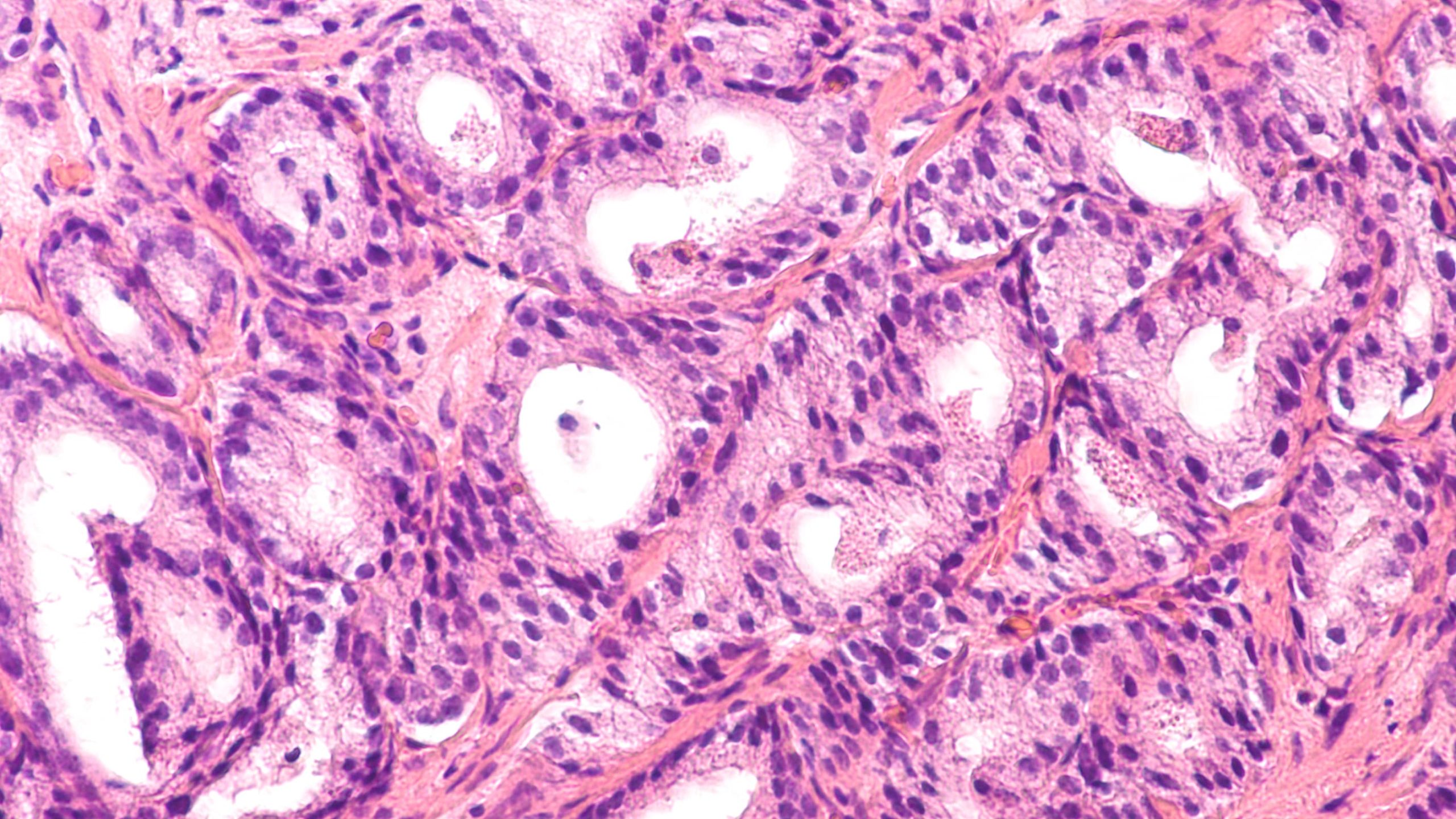
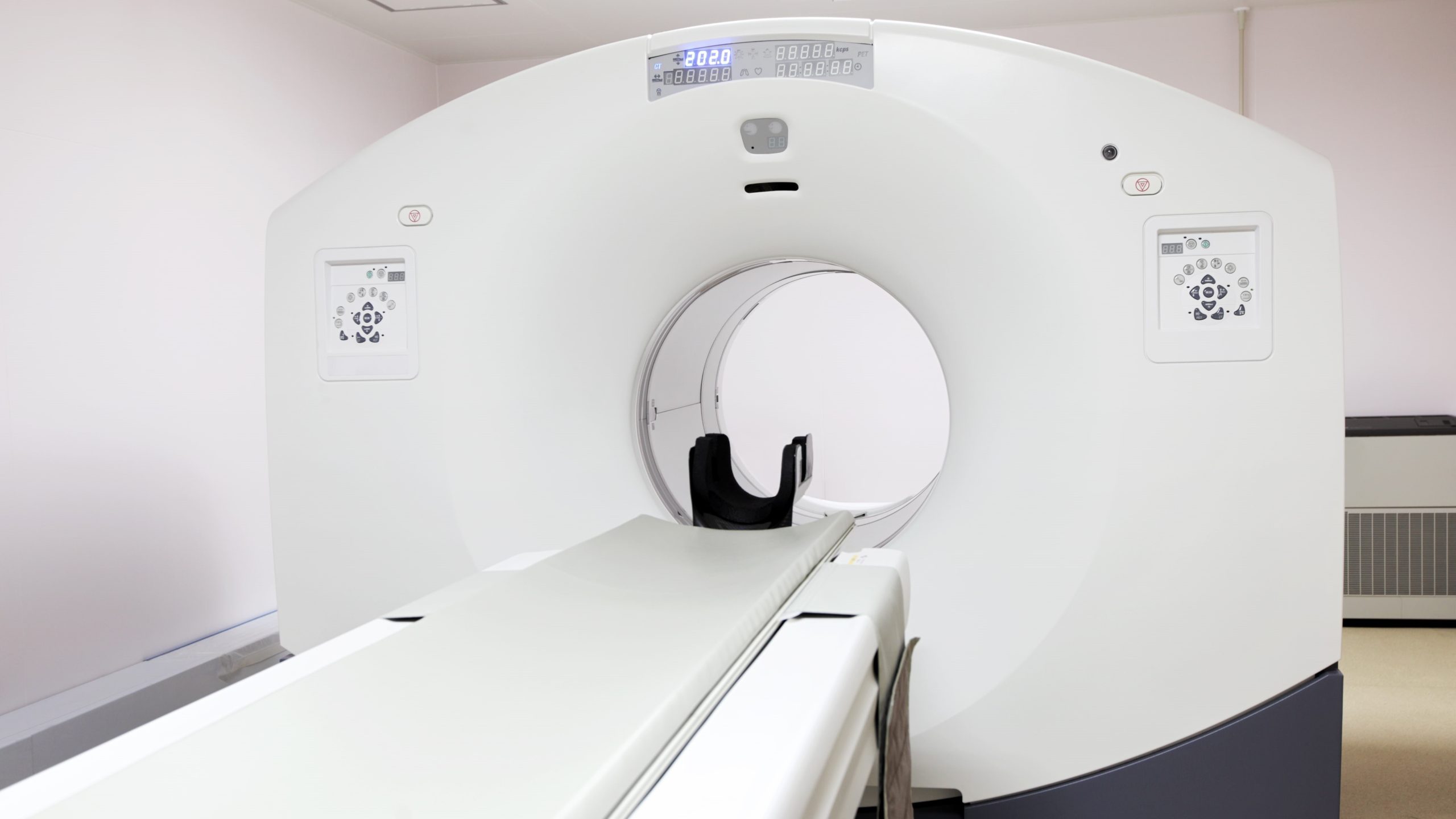
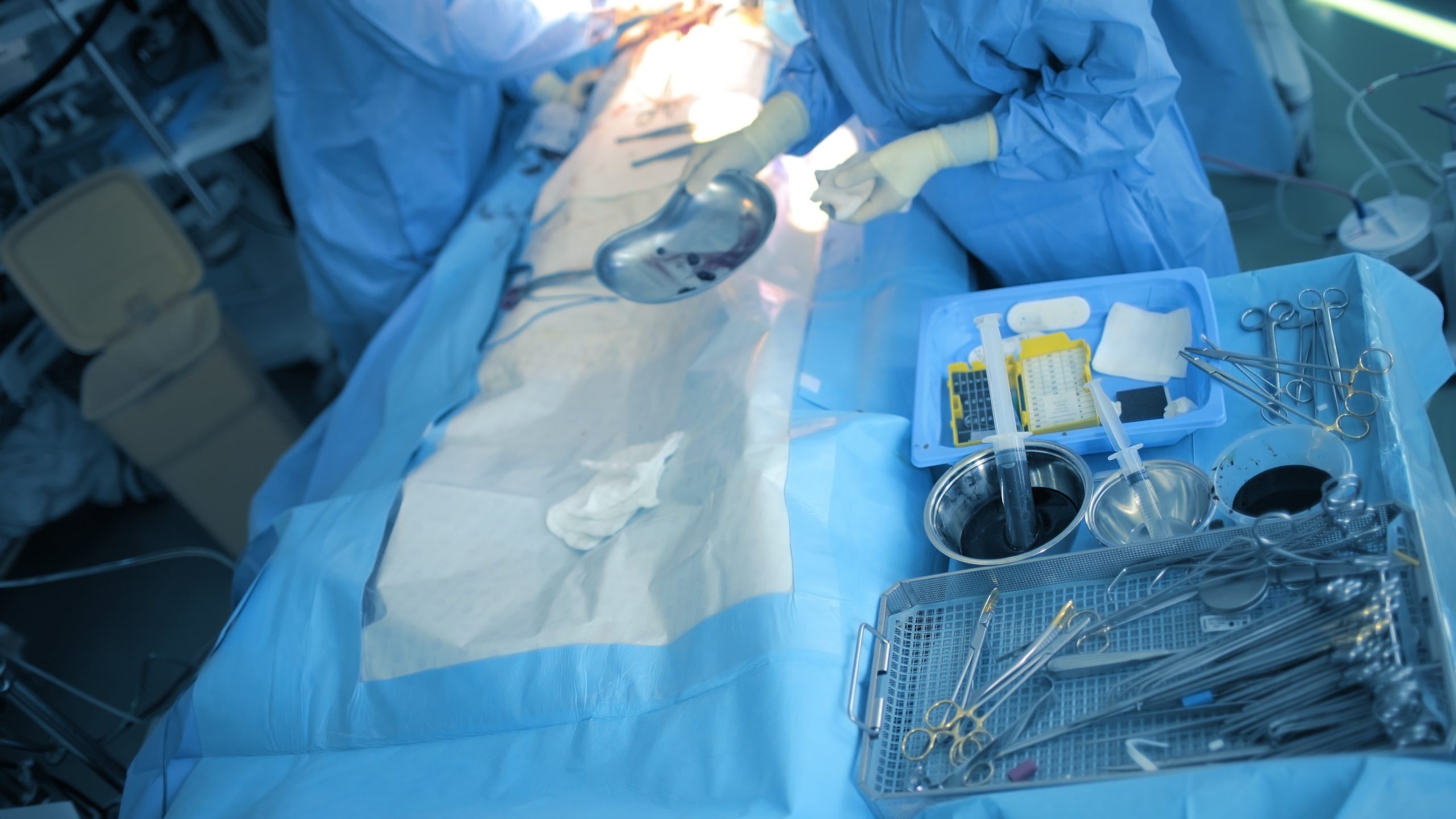
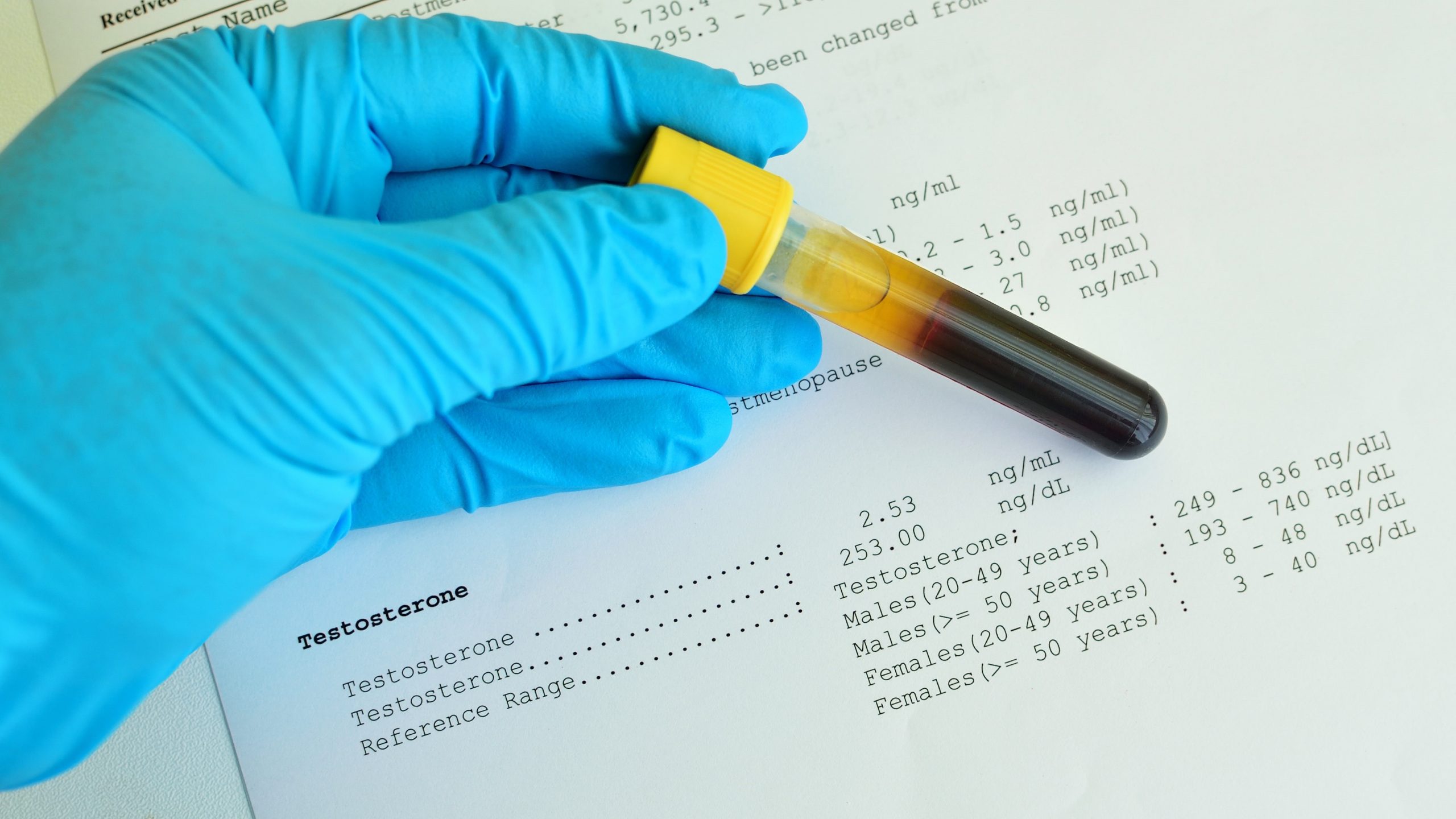

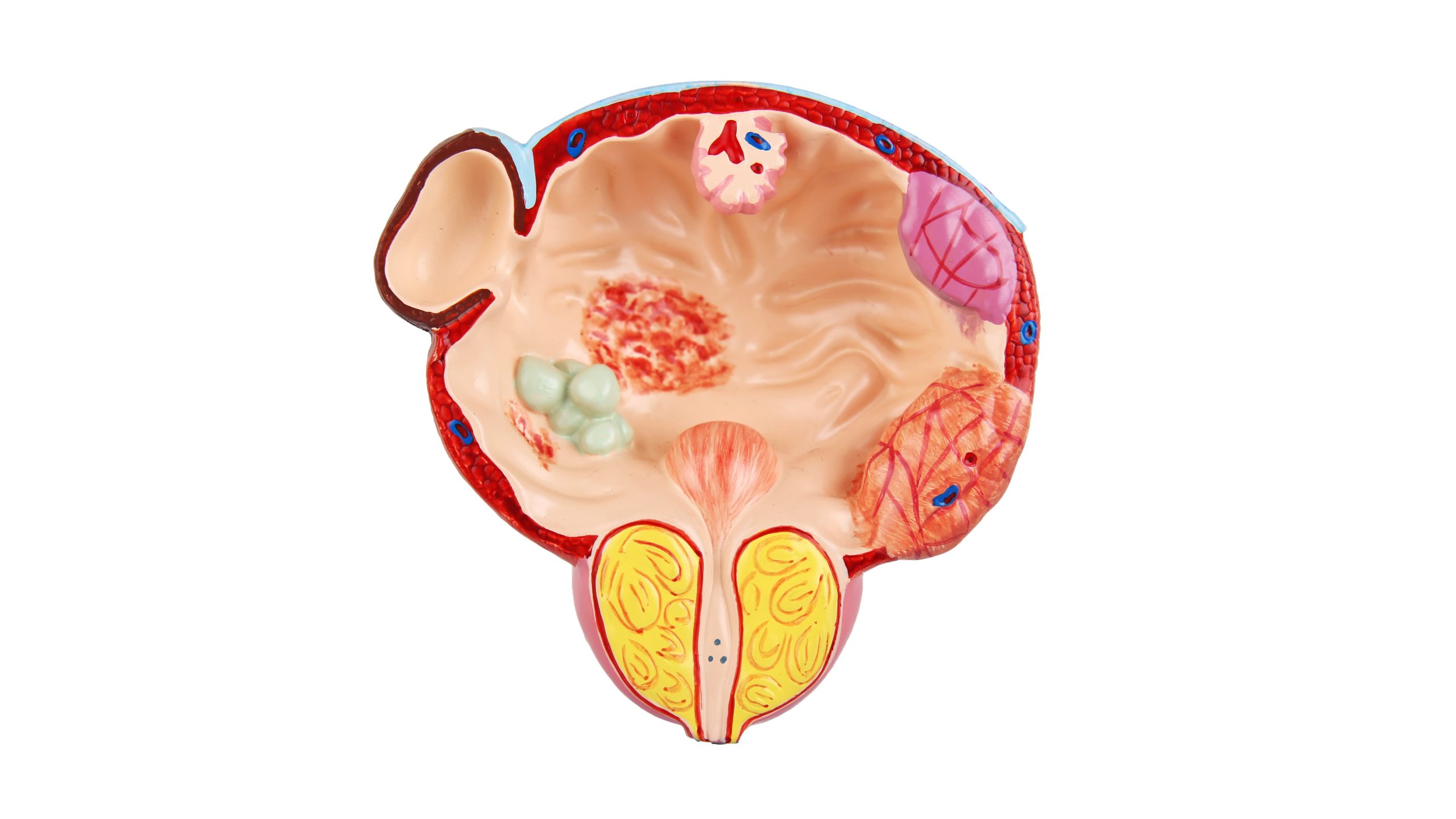
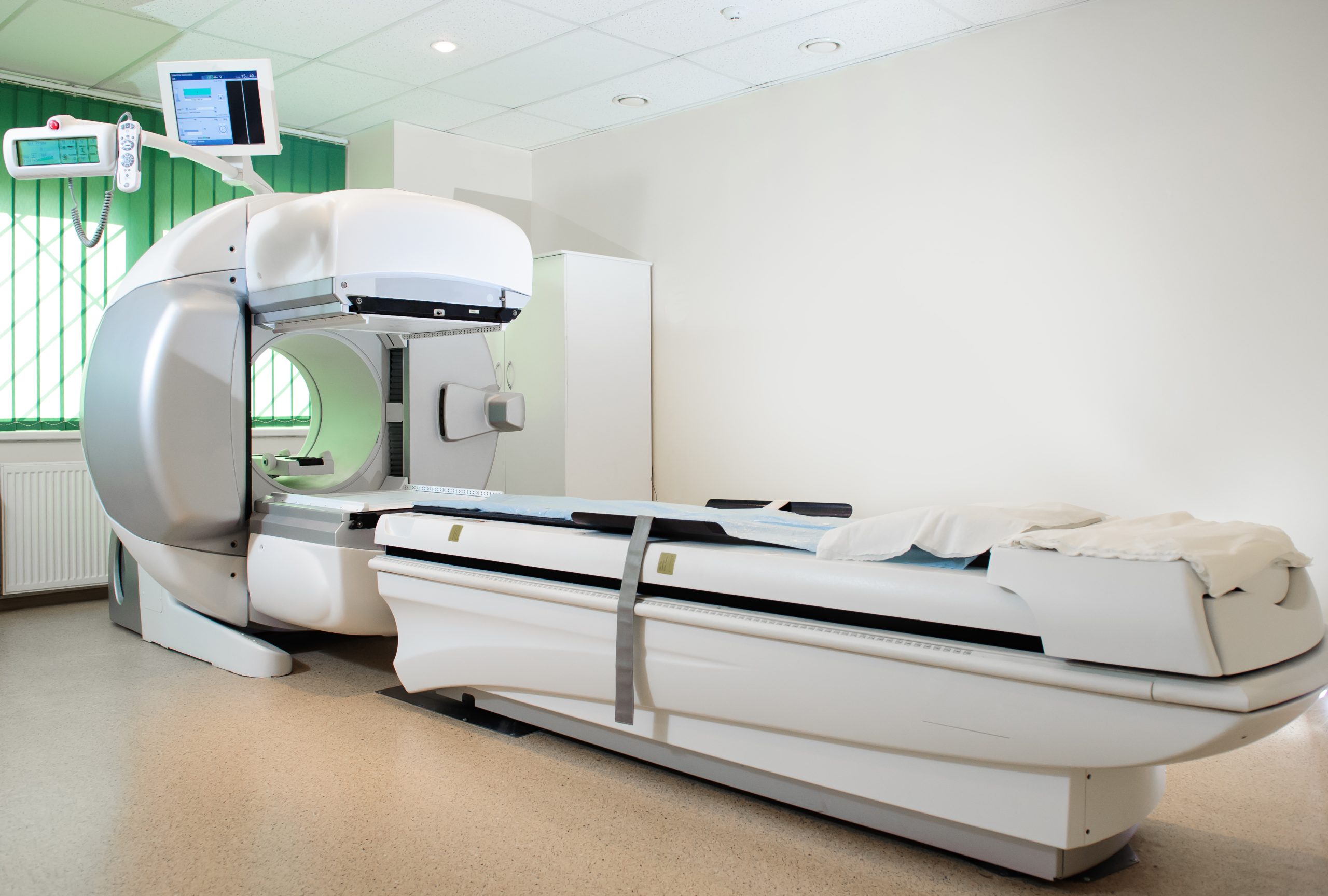



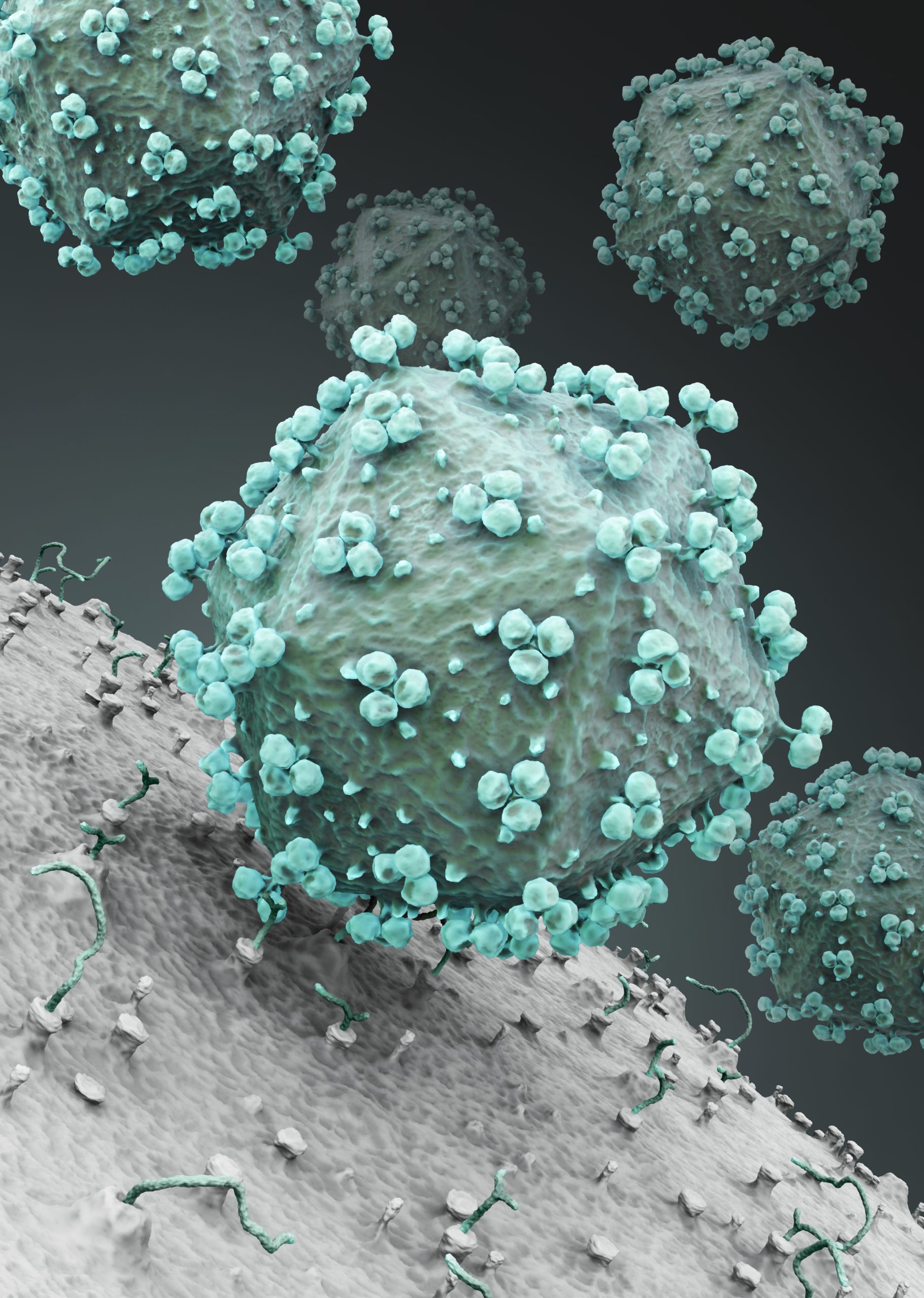


 © 2025 Mashup Media, LLC, a Formedics Property. All Rights Reserved.
© 2025 Mashup Media, LLC, a Formedics Property. All Rights Reserved.